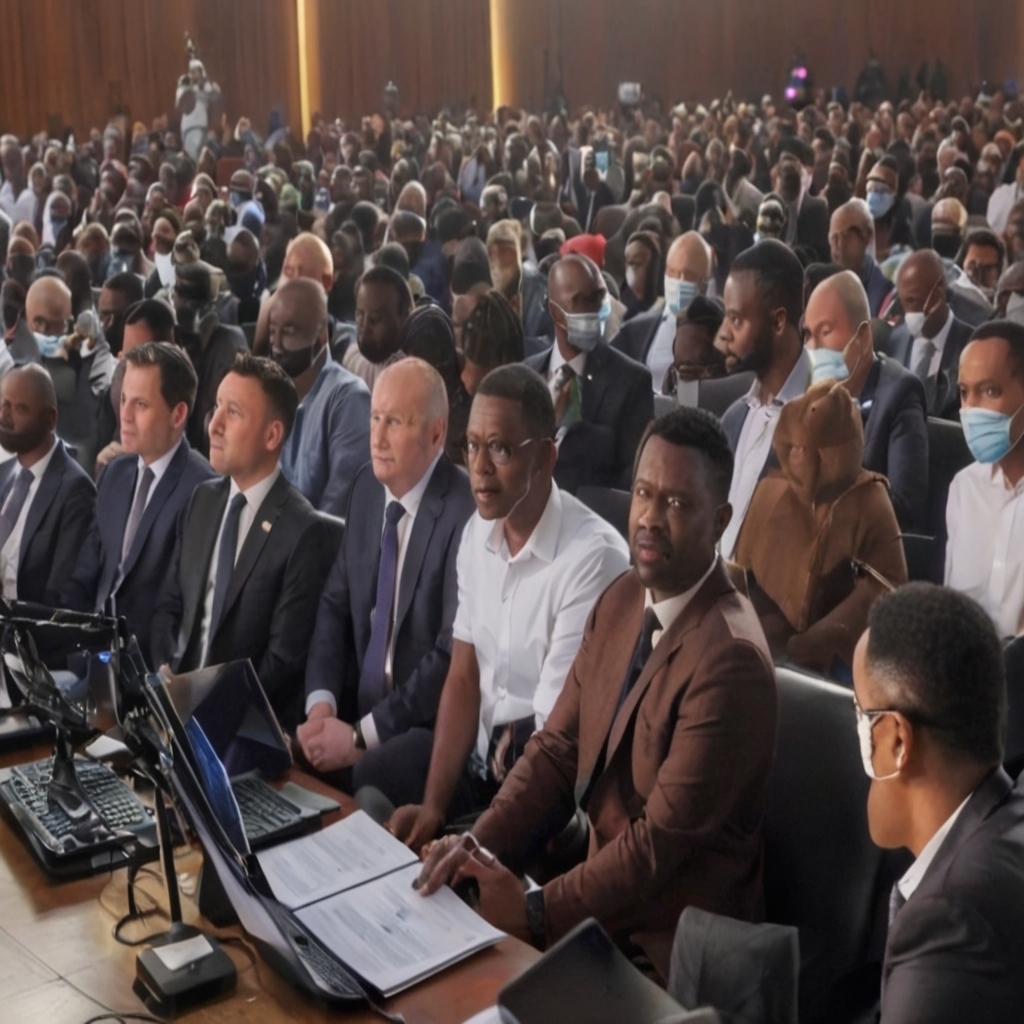In a rapidly evolving digital landscape, concerns over the proliferation of disinformation and deepfake technology have prompted an AI-risk expert to call for government intervention. The issue came to the forefront following an incident involving a deepfake video targeting the German Chancellor, Olaf Scholz. This article explores the call for government action against disinformation and the potential consequences of unchecked technological advancements.
Deepfake deception strikes German politics
In a surprising turn of events last November, a deepfake video featuring a fabricated address by German Chancellor Olaf Scholz emerged on a dedicated website. The AI-generated video, created by a group of guerrilla artists, depicted Scholz calling for the ban of the far-right political party Alternative für Deutschland. This incident highlights the growing threat posed by deepfake technology, where AI-generated content blurs the line between fact and fiction.
Amidst growing concerns over the impact of deepfakes on public perception and political discourse, AI-risk expert advocates are urging governments to take proactive measures. They argue that the potential for disinformation campaigns, driven by AI, could have serious repercussions for democracy and society as a whole.
The manipulative nature of deep fakes
One of the key concerns surrounding deepfake technology is its manipulative potential. As evidenced by the fabricated video of Chancellor Scholz, deepfakes can be used to disseminate false information, manipulate public opinion, and incite uncertainty. Government spokespersons were swift to condemn the video, recognizing the threat it posed to political stability.
The incident involving Chancellor Scholz’s deepfake has reignited the debate on regulating AI and deepfake technology. AI-risk experts argue that governments worldwide should take a proactive stance to combat disinformation. This approach would involve developing and enforcing stringent regulations, investing in AI detection tools, and raising public awareness about the dangers of deepfakes.
The need for regulation
Proponents of government intervention assert that regulatory frameworks must be established to govern the use of AI and deepfake technology. Such regulations would seek to deter malicious actors from creating and distributing deepfakes for nefarious purposes. Additionally, they would provide legal recourse for victims of deepfake manipulation.
To effectively combat the threat of deepfakes, experts emphasize the importance of investing in AI detection tools. These tools would enable authorities to identify and remove deepfake content from online platforms promptly. Governments are encouraged to collaborate with tech companies to develop advanced detection algorithms capable of identifying increasingly sophisticated deepfakes.
Raising public awareness
In addition to regulation and detection, experts stress the importance of raising public awareness about deepfake technology. Educating citizens about the existence and potential risks of deepfakes can empower them to critically evaluate digital content and make informed decisions. Public awareness campaigns and educational initiatives are seen as essential components of any comprehensive strategy against disinformation.
The issue of combating disinformation extends beyond national borders. AI-risk experts argue that international cooperation is crucial to effectively address the global threat posed by deepfakes. Collaborative efforts would include sharing information, best practices, and technological solutions to stay ahead of malicious actors.
Balancing freedom of expression
While the call for government action against disinformation is gaining momentum, there is a delicate balance to strike. Advocates emphasize the need to protect freedom of expression and prevent government overreach. Any regulatory measures must be carefully crafted to avoid infringing on individuals’ rights to free speech.
The incident involving the deepfake video of German Chancellor Olaf Scholz has brought to light the urgent need for government action against disinformation. AI-risk experts advocate for a multifaceted approach, involving regulation, investment in AI detection, and public awareness campaigns. Striking the right balance between safeguarding democracy and protecting individual liberties will be the key challenge as governments worldwide grapple with the growing threat of deepfake technology.
Land a High-Paying Web3 Job in 90 Days: The Ultimate Roadmap
